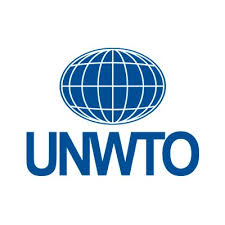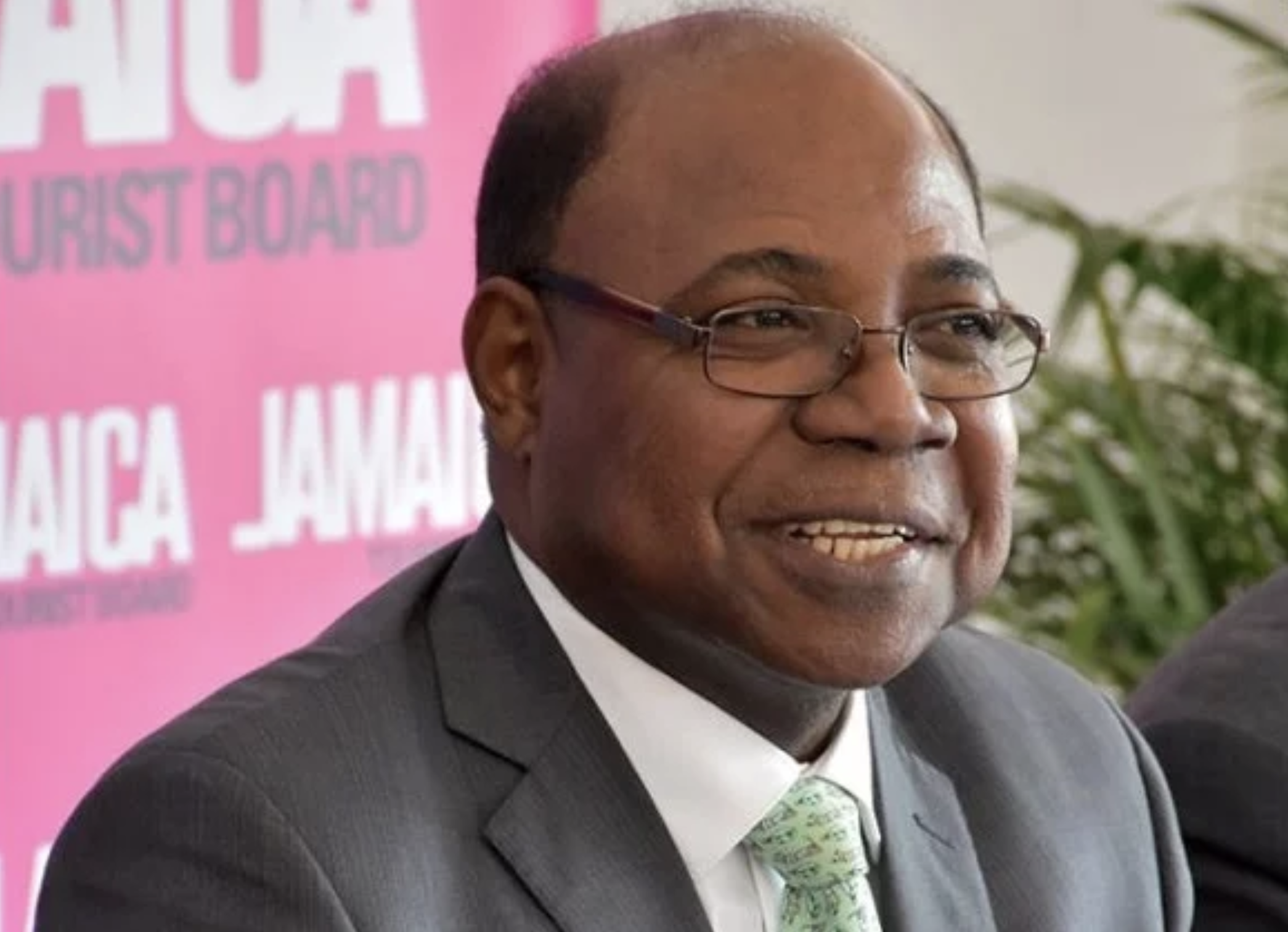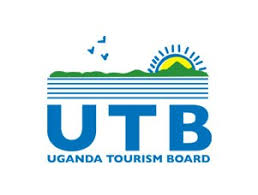

UNWTO: Sustainability a key part of tourism policies, but more still to be done
Countries around the world are integrating sustainability in their tourism policies but the evidence on the results of their implementation remains limited, research carried out for the first “Baseline Report on the Integration of Sustainable Consumption and Production Patterns into Tourism Policies” has found.
The Baseline Report, prepared by the World Tourism Organization (UNWTO) in collaboration with United Nations Environment (UN Environment) and with support from the Government of France, is the first global assessment of sustainable consumption and production (SCP) factors within national tourism policies. A total of 101 UNWTO Member States participated in this groundbreaking exercise.
All the tourism policies analyzed refer to sustainability as part of their objectives or vision and 55% address sustainability as a cross cutting element. At the same time, 67% of tourism policies include references to resource efficiency and 64% connect sustainability with the competitiveness of the sector. Tourism policy makers are aware of the importance of SCP but the references to policy instruments aiming at SCP implementation are limited and so is the evidence available for other aspects beyond the economic performance of the sector.
Celebrating the release of the Baseline Report, UNWTO Secretary-General Zurab Pololikashvili says: “Sustainability and competitiveness go hand in hand. Destinations and businesses can flourish while making a meaningful contribution to sustainability in several ways, including through the efficient use of resources, promoting biodiversity conservation and taking action to fight climate change”.
Advancing SCP practices in the tourism sector is essential if the sector is to contribute effectively to sustainable development and the 2030 Agenda. With this in mind, UNWTO has also launched the Sustainable Tourism Policy Talks alongside the Baseline Report. The series of talks feature interviews with Ministers of Tourism on the implementation of national tourism policies.
One Planet Sustainable Tourism Program
The Sustainable Tourism Program aims at scaling up SCP practices that boost the efficient use of natural resources in tourism while producing less waste and addressing the challenges of climate change and biodiversity.
UNWTO is the lead of the One Planet Sustainable Tourism Program with the Government of France as Co-Lead and in collaboration with UN Environment.
The program acts as an implementation mechanism for SDG12 and the Baseline Report and Sustainable Tourism Policy Talks directly contribute to the implementation of One Planet objectives.

UNWTO: Local residents remain largely positive to urban tourism
A global survey conducted by the World Tourism Organization (UNWTO) and IPSOS shows a positive picture of local residents’ perceptions towards urban tourism. Looking at 15 countries worldwide, the research also identified what residents consider to be the best ways of managing rising numbers of tourists, highlighting differing attitudes to urban tourism among different socio-demographic groups.
The survey aims at a better understanding of residents’ attitudes towards urban tourism. The research is also meant at identifying most valued management strategies to address the emerging challenges that come with increased tourism demand.
“In order to make sure that urban tourism continues to benefit local residents, it is fundamental to implement sustainable policies and practices. This includes the regular monitoring of residents’ attitudes towards tourism and factoring them in the tourism agenda,” said UNWTO Secretary-General Zurab Pololikashvili.
Perceptions…countries and age
Tourism’s impacts are valued most positively in Australia, Argentina, Sweden, the Republic of Korea and Spain. Young respondents (under 34) exhibit a stronger awareness of both the positive and negative impacts of city tourism, in contrast to older respondents (over 50) who perceive the negative impacts less. Younger respondents are also more likely to be in favour of more restrictive measures to manage increased tourism demand. Among older respondents, only 5% think that tourism promotion should be stopped, and only 8% favor limiting the number of visitors in their cities as compared to 12% and 16% of younger respondents.
..travel frequency…
Respondents who frequently travel to international destinations (twice or more in the last year) are less likely to feel that they live in cities with a high number of tourists when compared to respondents who do not travel so regularly. Similarly the perception of a positive impact of tourism is significantly higher among respondents who travelled in the past year.
…infrastructure and experiences – most favoured measures across countries
With regards to potential measures to address growing tourism flows in cities, residents across the 15 countries consider ‘improving infrastructures and facilities’ as the most effective. In Hungary, 89% of respondents stressed this measure as the most adequate, followed by Italy (80%) and Argentina (79%).
In a similar way, ´creating experiences and attractions that benefit residents as well as visitors´ is the second most preferred management strategy, and extremely popular in all countries (82% in Canada and Hungary; 75% and 74% in Argentina and Republic of Korea, respectively).

President Clinton and Minster Bartlett discuss Global Tourism Resilience and Crisis Management Centre
Jamaica Minister for Tourism, the Hon. Edmund Bartlett, met today with former United States President Bill Clinton at the ongoing 4th meeting of the Clinton Global Initiative (CGI) Action Network on Post-Disaster Recovery at the University of the Virgin Islands, St. Thomas, USVI.
The President showed great interest in supporting the Global Tourism Resilience and Crisis Management Centre.The first-ever Global Tourism Resilience and Crisis Management Centre is hosted in Jamaica and was unveiled earlier this year at Montego Bay by the Hon. Minister Bartlett during the 2019 Caribbean Travel Marketplace. Just last week, four more centers were announced in Japan, Malta, Nepal, and Hong Kong.
Minister Bartlett will deliver a keynote address at the GCI event on Tuesday and is expected to point out that the Caribbean is the most disaster-prone region of the world. Most islands are situated within the Atlantic hurricane belt where storm cells are produced, and the region sits along three active seismic fault lines, but it is also the most tourism-dependent region in the world.
President Bill Clinton and former U.S. Secretary of State Hillary Rodham Clinton are currently at the fourth meeting of the Clinton Global Initiative (CGI) Action Network on Post-Disaster Recovery on St. Thomas, U.S. Virgin Islands. The meeting, in partnership with Bloomberg LP and Love City Strong, will continue the discussion around hurricane recovery in the greater Caribbean region, and address topics such as infrastructure, agriculture, workforce development, clean and renewable energy, health, and Caribbean arts and culture.
The approach of the Action Network brings together a diverse group of stakeholders to focus efforts on putting people first, including prioritizing a resilient future by helping communities to plan and prepare for future storms and the mounting effects of climate change.
The Global Tourism Resilience and Crisis Management Centre, founded by Minister Bartlett, seem to be a perfect compliment to the activities spearheaded by the former U.S. President.

Bartlett Announces the Establishment of Four New Global Tourism Resilience and Crisis Management Centres
Tourism Minister, Hon. Edmund Bartlett says four Global Tourism Resilience and Crisis Management Centres (GTRCM) will be opened in Japan, Malta, Nepal and Hong Kong, in an effort to build the resilience of the Asian tourism product.
“Today, the Global Tourism Resilience and Crisis Management Centre took on a new global perspective, when Nepal became the first of four regional Centres to be established over the next eight weeks. The Director of the Nepal Tourist Board, Deepak Raj Joshi and I, have completed an arrangement for the establishment of the first Centre in Asia,” said Minister Bartlett.
The Minister made this announcement on Friday, while participating in a panel discussion at the inaugural Asian Resilience Summit held in Kathmandu, Nepal on May 30 – 31, 2019.
He went on to share that, “the GTRCM in Kathmandu will become the Centre for the areas covering China and India. The next Centre will be established in Hong Kong and the work is currently going on with the team.”
The GTRCM in Japan will be housed at the Japan International University, which is a private university located in Minamiuonuma city in Niigata Prefecture, Japan.
The first Centre, located at the University of the West Indies, Mona, was launched at the beginning of the year at the Montego Bay Convention Centre, with a number of local and international government leaders and partners, including Prime Minister, the Most Hon. Andrew Holness.
It was first announced during the United Nations World Tourism Organization (UNWTO) Global Conference on Sustainable Tourism in St. James in November 2017, and is tasked with creating, producing and generating toolkits, guidelines and policies to handle the recovery process following a disaster.
“These four new Centres will position the Global Resilience Centre as a true international construct. The University of the West Indies which hosts the primary Centre, will become the coordinating university for these outstanding other universities which are located across the globe slated to host these new Centres,” said Minister Bartlett.
During his visit, the Minister will meet with the Former UNWTO Secretary General, Dr. Taleb Rifai, regarding the recovery strategies for Nepal’s post-earthquake programme, at the request of Prime Minister Andrew Holness.
Minister Bartlett will later travel to the US Virgin Islands to participate at the Meeting of the Clinton Global Initiative (CGI) Action Network on Post-Disaster Recovery during the period June 3-4, 2019. This Action Network brings together leaders from across sectors to develop new, specific, and measurable plans that advance recovery and promote long-term resiliency across the region.
The meeting will outline innovative programmes in the tourism sector and sustainable practices that are inclusive of Small and Medium Enterprises and conducive of economic growth.
“Jamaica continues in its thought leadership in tourism. We also continue to position our country and the Caribbean, as the new reference point for resilience building, particularly for countries that are highly tourism dependent,” said Minister Bartlett.
The Minister is accompanied by Professor Lloyd Waller, Senior Advisor/Consultant and Miss Anna-Kay Newell his Executive Assistant, in Nepal. Professor Waller and Miss Newell will return to Jamaica on June 2, 2019.
The Minister, however, will return to Jamaica on June 6, 2019, as he will be attending the meeting of the CGI Action Network on Post-Disaster Recovery in the US Virgin Islands alone.
The Minister received his invitation to visit Nepal from Deepak Raj Joshi, Chief Executive Officer of the Nepal Tourism Board. The Government of Nepal also funded the Minister’s participation in the Asian Resilience Summit.

Friendliest Travel Country on Earth Joins African Tourism Board
Uganda is the latest country joining the African Tourism Board as a member. For Ugandans welcoming all nationalities is an intrinsic part of the culture, and residents are quick to offer smiles to newcomers. In 2017 BBC reported Uganda has been described as the friendliest country globally following a survey conducted among expatriates. Together with breathtaking landscapes, wildlife, to high-end restaurants and bars, hotels, and lodges to year-round summer, this country is a perfect travel and tourism destination.
“It is an honour and delight for Tourism Uganda to join the Africa Tourism Board. We are optimistic that the board will steer responsible development of travel and tourism to the African region, play a vital role in harnessing opportunities for the continent and position it as a premier destination for visitors around the world,” said Lilly Ajarova, UTB Chief Executive Officer
“As I say welcome Uganda, I must take this opportunity to salute their tenacity and sincerity for tourism. We undertake as the Africa Tourism Board to be by their side at this critical point in the re-development of Uganda Airline which coincides with the Tourism Board’s drive in bringing to the world the key USBs of Uganda. We are honored to have Uganda as a Member” Alain St.Ange, President Africa Tourism Board added.
Uganda is a landlocked country in East Africa whose diverse landscape encompasses the snow-capped Rwenzori Mountains and immense Lake Victoria. Its abundant wildlife includes chimpanzees as well as rare birds. Remote Bwindi Impenetrable National Park is a renowned mountain gorilla sanctuary. Murchison Falls National Park in the northwest is known for its 43m-tall waterfall and wildlife such as hippos.
There is a wide range of ethnic groups in Uganda with many different languages spoken, namely Luganda English, Bantu, Swahili, Nilotic, and Lumasaba. Christians make up 85.2% of Uganda’s population, there are a certain amount of Sikhs and Hindus, and 12% are Muslims.
More on Uganda, visit the Uganda Tourism Board at www.visituganda.com/
Founded in 2018, the African Tourism Board an association that is internationally acclaimed for acting as a catalyst for the responsible development of travel and tourism to the African region. More information on ATB and a link to join go to www.africantourismboard.com

South African Ground Transportation Kwela Fleet takes active role in African Tourism Board
One of South Africa largest and most established ground transportation operators, Kwela Fleet Management based in Pretoria, South Africa joined the African Tourism Board.
Kwela Fleet was established in Pretoria in 1996. Cuthbert Ncube, CEO of the company explained: “We are a 100% black-owned company with a highly experienced and committed management team. A vast number of our clientele include government departments, embassies, travel management companies and of course private requests as well. A chauffeur, transfer, tour, car rental, and fleet management service that’s large enough to span South Africa, yet involved enough to make your comfort, safety, and convenience a primary concern. ”
The company states on their website www.kwelafleet.co.za: We can be found in the country’s 4 major urban centres; East London, Cape Town, Durban and of course, Gauteng. And everywhere you find us you will encounter our personal touch in the way our reservation staff attends to you, in the immaculate condition of our vehicles and ultimately in the dedicated drive, our chauffeurs render.
Kwela provides a variety of services.
- Chauffeur driven cars
- Transfers
- Corporate road show services
- Customized services
- Tours
- Fleet Management
- Car Rental
Included in all our services are personal insurance cover of up to R10 million per accident as well as vehicle insurance waivers and public liability insurance.




Comfort is standard. And so is safety. It’s no wonder then that our fleet is made up of vehicles that are the leaders in their respective segments. Our Luxury Fleet includes Mercedes Benz, Audi’s, BMW and many more.
Cuthbert Ncube accepted the role of Vice President of the African Tourism Board. Chairman Juergen Steinmetz said: We are so privileged to officially welcome Kwela Fleet among out corporate members. CEO Cuthbert, who is also our Vice President already demonstrated a taste of his leadership and he is now instrumental in showing his unique vision to make Africa one tourism destination. ”
Founded in 2018, the African Tourism Board is an association that is internationally acclaimed for acting as a catalyst for the responsible development of travel and tourism to the African region.
More information on www.africantourismboard.com
